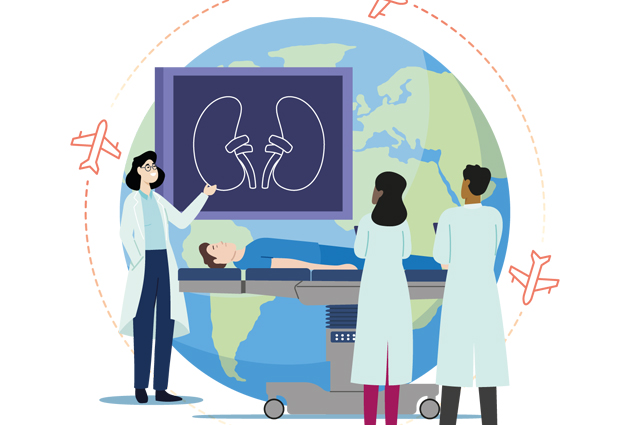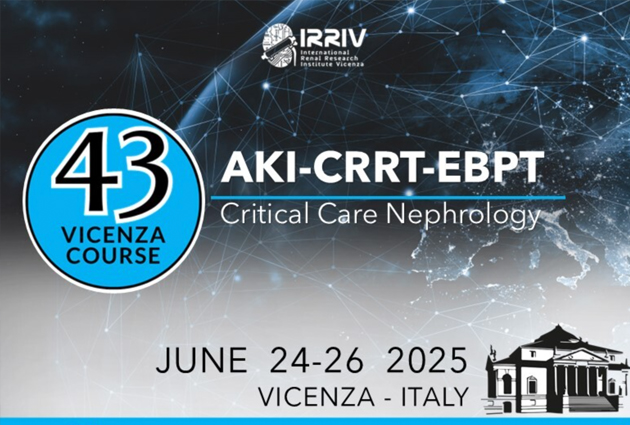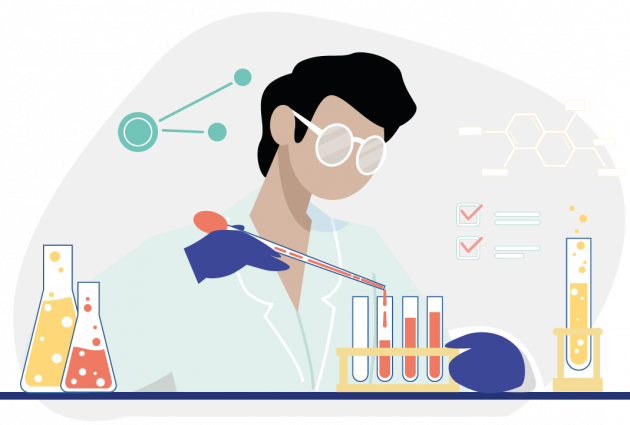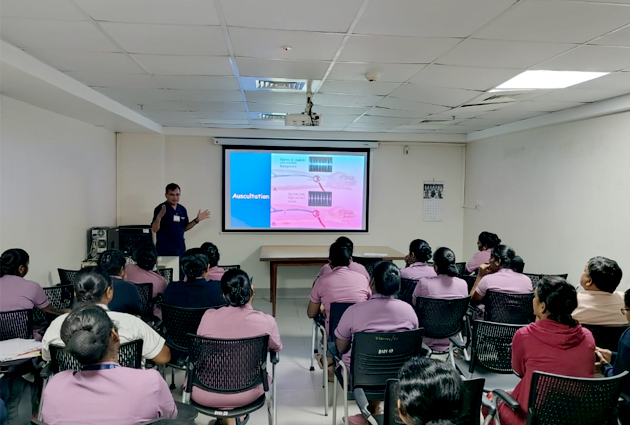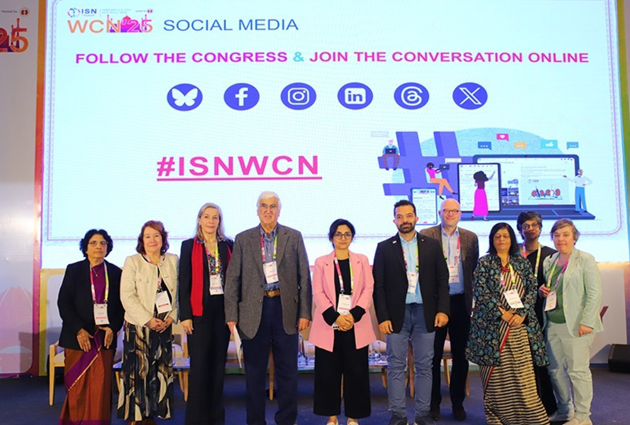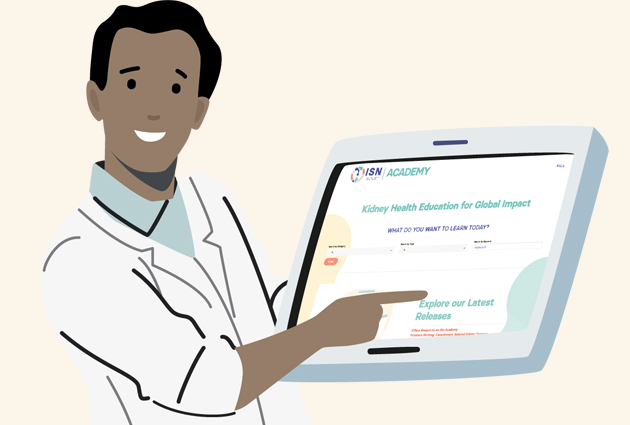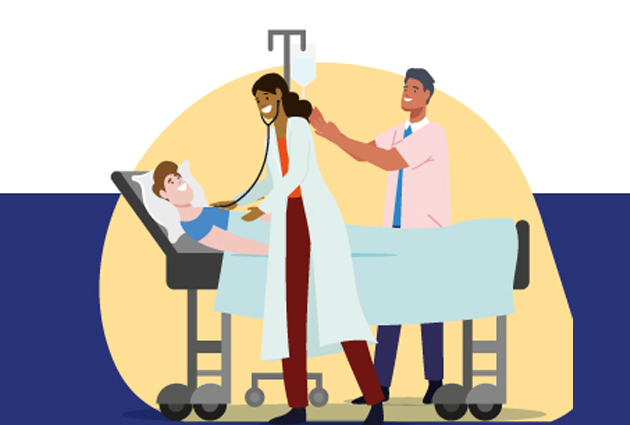World Kidney Day 2018 from the female perspective
Chronic Kidney Disease (CKD) affects about 195 million women worldwide and is currently the 8th leading cause of death, with close to 600,000 female deaths each year. World Kidney Day 2018 will focus on kidneys and women’s health with the message: ‘Include, Value, Empower.’
In 2018, World Kidney Day and International Women’s Day will be marked on the same day, offering the opportunity to highlight the importance of women’s health and particularly their kidney’s well-being. On what will be its 13th anniversary, the campaign will promote affordable and equitable access to health education, care and prevention for all women and girls globally.
The risk of developing CKD is at least as high in women as in men, and may even be higher. However, the number of women on dialysis is lower than the number of men. While a slower CKD progression in women may play a role, major psychosocioeconomic barriers, such as lower disease awareness and inequitable access to care, influence disparities in treatment between men and women.
Indeed, it is generally recognized that women tend to donate kidneys more often and are less likely to receive them.
Kidney disease and pregnancy
While women may be affected by all kidney diseases, diseases such as lupus nephritis are more common in women. In addition, pregnancy-related complications increase the risk of kidney disease.
Women who have CKD are at an increased risk of negative outcomes in pregnancy, for both the mother and the baby: the risks of pregnancy and perinatal complications increase along with CKD progression, hypertension and proteinuria (excessive protein in the urine).
On dialysis, conception is possible, even if infrequent, and results improve with intensive (daily or nearly daily) dialysis treatment. In successfully transplanted women, chances of successful pregnancy increase as compared with dialysis but complications can arise more often than in the general population.
In turn, pregnancy-related complications increase the risk of kidney disease. Pre-eclampsia, a syndrome characterized by hypertension and proteinuria, is one of the three leading causes of maternal mortality. Pre-eclampsia, septic abortion (infection of the placenta) and post-partum hemorrhage (major bleeding after giving birth) are the leading causes of Acute Kidney Injury (AKI) in young women, and may cause CKD.
Prevention to decrease the burden
The burden of these maternal complications is particularly high for women in developing countries, due to insufficient access to timely prenatal care, the improper management of women with pre-eclampsia, and a lack of available dialysis treatment for severe AKI patients.
There is a clear need for higher awareness, timely diagnosis and proper follow up of CKD in pregnancy. In turn, pregnancy may be also a valuable occasion to make an early CKD diagnosis to plan therapeutic interventions.


